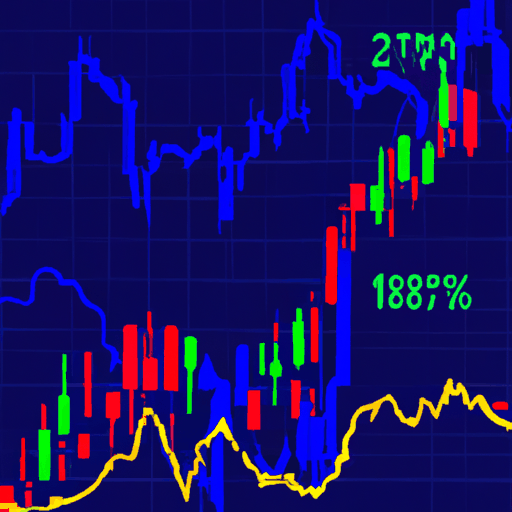
Learn Concept: Decentralized Exchanges (DEX) Integrated Within Centralized Platforms
By: Eliza Bennet
Decentralized Exchanges (DEXs) have revolutionized the way cryptocurrencies are traded by eliminating the need for a centralized intermediary. Unlike traditional exchanges that hold users' funds, DEXs allow users to retain control over their private keys. This not only increases security but also aligns with the decentralized ethos of blockchain technology. Coinbase's recent integration of DEX trading into its app is a pioneering step in this direction, merging the advantages of both decentralized finance (DeFi) and centralized platforms.
This integration allows users to trade a variety of tokens via the Coinbase app, providing access to Base-native assets and implementing trades through prominent protocols like Aerodrome and Uniswap. By sponsoring network fees and including a self-custody wallet, Coinbase ensures smooth user experiences, maintaining a balance between transparency and ease-of-use.
The emergence of such integrated platforms indicates a shift towards what might be termed 'hybrid exchanges'— centralized platforms incorporating decentralized features. This trend is pivotal as it broadens access to DeFi markets and educates more mainstream users about the potential of blockchain technology.
Looking ahead, as more exchanges adopt similar strategies, we may witness increased standardization in DEX operations, bolstering liquidity and security. This evolution could lead to widespread adoption of decentralized trading as a cornerstone of cryptocurrency exchange ecosystems globally.



